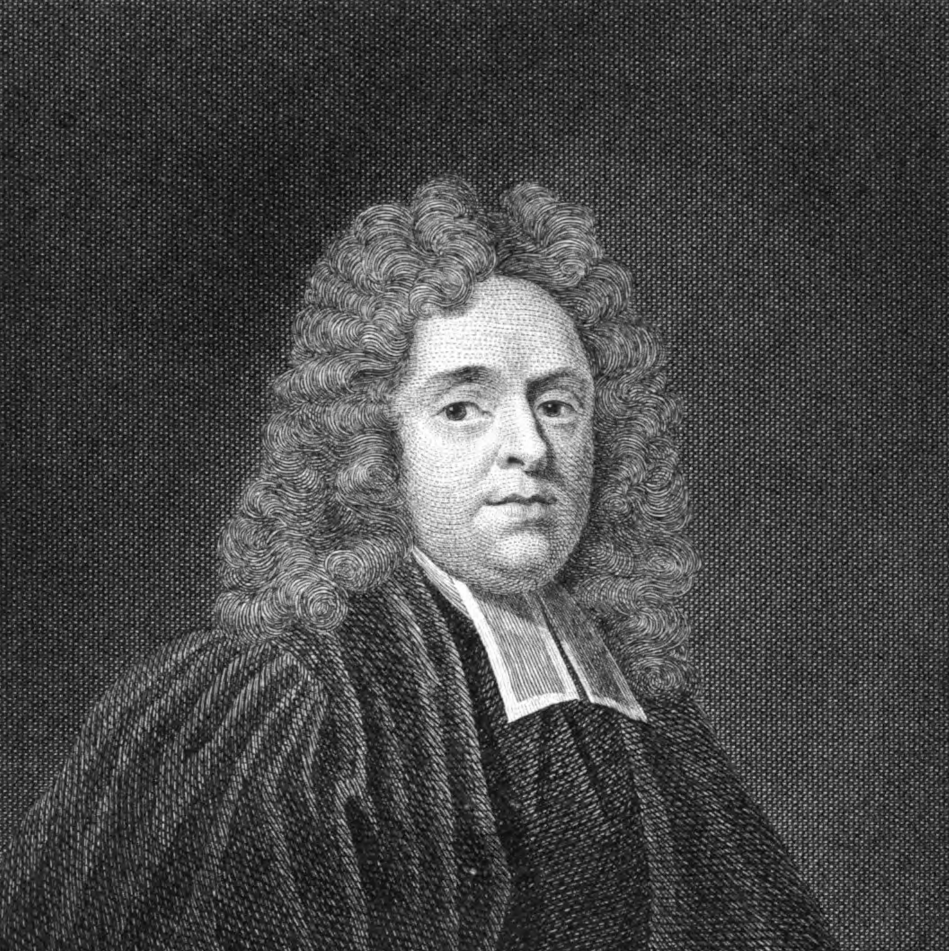
How the Apostles Kept from Fainting (Matthew Henry)
“Since we have the same spirit of faith according to what has been written, “I believed, and so I spoke,” we also believe, and so we also speak, knowing that he who raised the Lord Jesus will raise us also with Jesus and bring us with you into his presence. For it is all for your sake, so that as grace extends to more and more people it may increase thanksgiving, to the glory of God.”
“So we do not lose heart. Though our outer self is wasting away, our inner self is being renewed day by day. For this light momentary affliction is preparing for us an eternal weight of glory beyond all comparison, as we look not to the things that are seen but to the things that are unseen. For the things that are seen are transient, but the things that are unseen are eternal.” (2 Corinthians 4:13-18)
“What it was that kept them from sinking and fainting under their sufferings, v. 13-18. Whatever the burdens and troubles of good men may be, they have cause enough not to faint.
Faith
“Faith kept them from fainting: We have the same spirit of faith (v. 13), that faith which is of the operation of the Spirit; the same faith by which the saints of old did and suffered such great things. Note, The grace of faith is a sovereign cordial, and an effectual antidote against fainting-fits in troublous times. The spirit of faith will go far to bear up the spirit of a man under his infirmities; and as the apostle had David’s example to imitate, who said (Psalm 116:10), I have believed, and therefore have I spoken, so he leaves us his example to imitate: We also believe, says he, and therefore speak. Note, As we receive help and encouragement from the good words and examples of others, so we should be careful to give a good example to others.
Hope of the Resurrection
“Hope of the resurrection kept them from sinking, v. 14. They knew that Christ was raised, and that his resurrection was an earnest and assurance of theirs. This he had treated of largely in his former epistle to these Corinthians, ch. 15. And therefore their hope was firm, being well grounded, that he who raised up Christ the head will also raise up all his members. Note, The hope of the resurrection will encourage us in a suffering day, and set us above the fear of death; for what reason has a good Christian to fear death, that dies in hope of a joyful resurrection?
Consideration of the Glory of God
“The consideration of the glory of God and the benefit of the church, by means of their sufferings, kept them from fainting, v. 15. Their sufferings were for the church’s advantage (ch. 16), and thus did redound to God’s glory. For, when the church is edified, then God is glorified; and we may well afford to bear sufferings patiently and cheerfully when we see others are the better for them—if they are instructed and edified, if they are confirmed and comforted. Note, The sufferings of Christ’s ministers, as well as their preaching and conversation, are intended for the good of the church and the glory of God.
Thoughts of Spiritual Advantage
“The thoughts of the advantage their souls would reap by the sufferings of their bodies kept them from fainting: Though our outward man perish, our inward man is renewed day by day, v. 16. Here note, (1.) We have every one of us an outward and an inward man, a body and a soul. (2.) If the outward man perish, there is no remedy, it must and will be so, it was made to perish. (3.) It is our happiness if the decays of the outward man do contribute to the renewing of the inward man, if afflictions outwardly are gain to us inwardly, if when the body is sick, and weak, and perishing, the soul is vigorous and prosperous. The best of men have need of further renewing of the inward man, even day by day. Where the good work is begun there is more work to be done, for carrying it forward. And as in wicked men things grow every day worse and worse, so in godly men they grow better and better.
The Prospect of Eternal Life and Happiness
“The prospect of eternal life and happiness kept them from fainting, and was a mighty support and comfort. As to this observe,
Weighing Suffering in Light of Eternity
“(1.) The apostle and his fellow-sufferers saw their afflictions working towards heaven, and that they would end at last (v. 17), whereupon they weighed things aright in the balance of the sanctuary; they did as it were put the heavenly glory in one scale and their earthly sufferings in the other; and, pondering things in their thoughts, they found afflictions to be light, and the glory of heaven to be a far more exceeding weight. That which sense was ready to pronounce heavy and long, grievous and tedious, faith perceived to be light and short, and but for a moment. On the other hand, the worth and weight of the crown of glory, as they are exceedingly great in themselves, so they are esteemed to be by the believing soul—far exceeding all his expressions and thoughts; and it will be a special support in our sufferings when we can perceive them appointed as the way and preparing us for the enjoyment of the future glory.
Seeing by Faith
“(2.) Their faith enabled them to make this right judgment of things: We look not at the things which are seen, but at the things which are not seen, v. 18. It is by faith that we see God, who is invisible (Hebrew 11:27), and by this we look to an unseen heaven and hell, and faith is the evidence of things not seen. Note, [1.] There are unseen things, as well as things that are seen. [2.] There is this vast difference between them: unseen things are eternal, seen things but temporal, or temporary only. [3.] By faith we not only discern these things, and the great difference between them, but by this also we take our aim at unseen things, and chiefly regard them, and make it our end and scope, not to escape present evils, and obtain present good, both of which are temporal and transitory, but to escape future evil and obtain future good things, which though unseen, are real, and certain, and eternal; and faith is the substance of things hoped for, as well as the evidence of things not seen, Hebrew 11:1.”

Matthew Henry (1662-1714) was a nonconformist minister in England. He is most famous for his ‘Exposition of the Old and New Testaments,’ a commentary that was highly regarded by following generations of Christians, including George Whitefield, John Wesley, and Charles Spurgeon.
In place of comments, I would love to hear from you personally. Please reach out to me via the Contact Page to share your thoughts and perspectives on this post!
Enjoying this content? Subscribe to receive it directly in your email, once a week.





